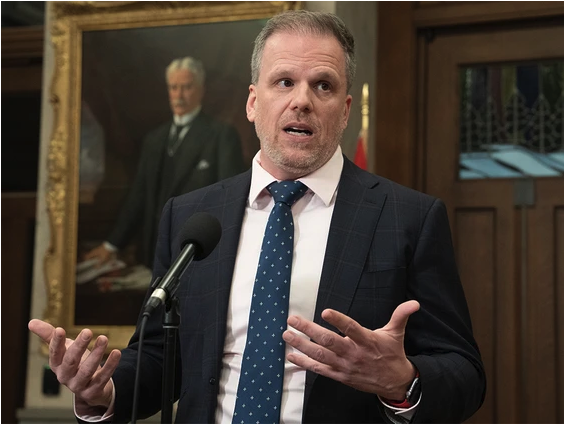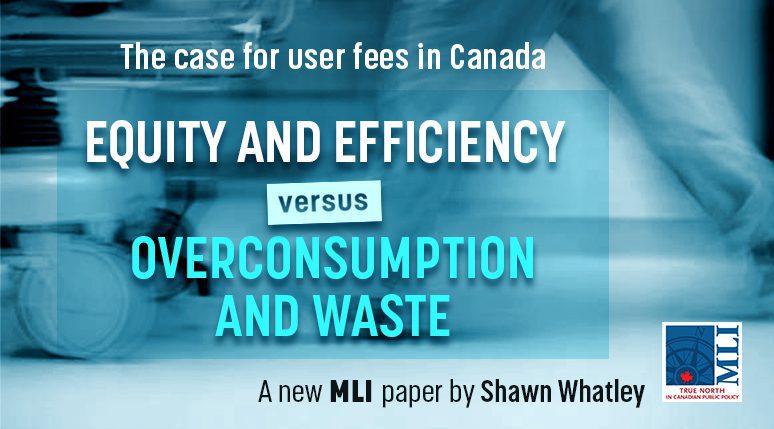
Desperate Canadians criticized for considering health care outside Canada
Here’s my piece about the hypocrisy of politicians berating patients, who consider care out of country when they cannot access care in Canada. Published in National Post Mar 13, 2024. Enjoy!
An Ipsos poll for Global News revealed last week that 42 per cent of Canadians would personally pay to travel to the United States for health care, if necessary. This is a 10 percentage point increase from 2023.
Federal Health Minister Mark Holland promptly scolded the 42 per cent.
Holland asked Canadians “to be patient.” He said we will “get through these health workforce issues.” It is not clear how “workforce issues” explain why 6.5 million Canadians cannot find a family physician.
Leaving aside Holland’s woolly thinking, his comments just seem heartless and cruel. Canadians do not seek care outside Canada on a lark. They’re desperate.
Canadians are underinsured. Canadian governments nationalized medical insurance companies between 1968-1972. With nowhere else to go, patients must moulder in queues with a median wait of 27.7 weeks to see a specialist.
Having nationalized private medical insurance companies and then put people into waiting lines, politicians berate the desperate few who step out of line and flee south for care.
Minister Holland echoes what elites have been saying for decades. In the 1990s, the associate deputy minister of health in B.C. was asked how she felt about patients on waiting lists looking for care in the U.S. She said, “If we could stop them at the border, we would.”
The hypocrisy becomes especially rank when we consider how many of our elected elites have been escaping Canada for care themselves for decades.
Robert Bourassa, then premier of Quebec, had melanoma surgery in Bethesda, Md., in 1993. Danny Williams, then premier of Newfoundland and Labrador, had heart surgery in Miami, Fla., in 2010. Former Liberal member of Parliament, Belinda Stronach, had breast cancer surgery in California. The late Sen. Ed Lawson, former Canadian trade unionist, also had surgery in the U.S. Former prime minister Jean Chrétien used government aircraft to fly to the Mayo clinic.
The list of elite medical refugees who flee Canada is long and include many of the same people who refuse to change the medicare status quo.
Speaking on 900 CHML, Sean Simpson of Ipsos suggested Canadian interest in cross-border care simply reflected a “post-pandemic world” in which we began to see that medicare was “threadbare.”
But Canadians were fleeing Canada to find care long before the pandemic. In 2019, the Second Street think-tank used Statistics Canada data to determine that more than 217,500 Canadians had left the country for care in 2017. Hospitals in the U.S. advertise to Canadians, eager to meet growing Canadian demand. Patients can buy books to guide them on their quest for surgery abroad, for example: Medical Tourism – Surgery for Sale! How to Have Surgery Abroad Without It Costing Your Life.
But so what? Tasteless comments and elite hypocrisy make us angry, but if wait times are unavoidable, all we can do is stick together and weather the storm, right?
Wait times are not like natural disasters. They are not random. Wait times are created by professional managers.
Dr. Charles Wright, former vice-president at Vancouver General Hospital and wait-list consultant to the BC Ministry of health, said, “Administrators maintain waiting lists the way airlines overbook. As for urgent patients in pain, the public system will decide when their pain requires care. These are societal decisions. The individual is not able to decide rationally.”
Or as a former deputy minister of health of Ontario puts it, “We have waiting lists for some procedures as a means of better organizing our system.”
In other words, patients would not need to wait at all, if elites chose otherwise.
Minister Holland’s comments of last week betray a deep distrust of patients and their ability to make decisions for themselves. Patients should be patient. They should stand in line; wait for care. But as Canada’s foremost health economist, Bob Evans, has explained, the “rational consumer” is a “highly dubious assumption.”
Canada is changing. Last week’s Ipsos poll also found 63 per cent support for private health-care options. Most Canadians do not mind the Toronto-area Highway 407 toll road if it frees up space on the (public) Highway 401 without making it any worse.
Medicare must reform; the status quo is crumbling. While we wait for reform, let’s stop berating desperate patients, who consider leaving Canada for care when wait times grow too long.


